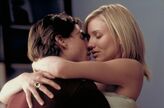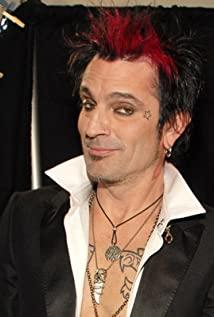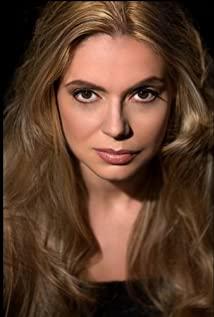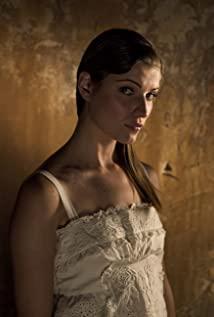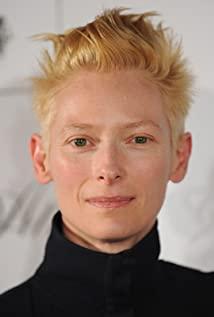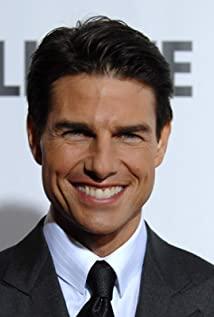The first time he brought Sophia into the bedroom, he pointed to the "Vanilla Sky" and said, "This is the sky that Monet painted, and it belongs to my mother."
If his father's absence, he created the role of Doctor Mo to make up for it , then the absence of the mother is made up for in reality by David's yearning for a romantic life like a vanilla sky, and in the dream state, it is made up by the whole sky.
When he regained his appearance and Sophia was walking on the street, the sky turned back to what it looked like in the painting. The light pink clouds filled the sky, and the whole warm tone filled the picture. This was the life he and Sofia lived together. , and the life he longed for.
When David wanted to wake up, at this moment he was accompanied by technical support to the top floor, standing under the vanilla sky again. But this time he did not indulge, he chose to awaken, overcome the fear of heights, no longer looked up at the vanilla sky, but looked at the ground, and bravely jumped into reality.
At the end of the film, the voice-over "open your eyes" sounded again, this time, David opened his eyes, not into a dream, but back to reality.
There are multiple metaphors in the film. The fantasy in David’s dream is the counterpart in reality, including the conversion of the poster image into a happy image of himself and Sophia, including flashbacks to his own experience (the moment of lying on the ground and dying) , including the repeated appearance of the frozen and rescued dog (implying that he had signed a deal).
The metaphorical role of the image is displayed in this film, and it is also a reminder of the dog image, so that David can discover the flaws in the dream and return to reality.
If Mulholland Drive is the director, let the audience guess the riddle and explore the dream and reality. Then the vanilla sky is a process of constructing a character's self-awakening from a dream.
Although reality is cruel, it is still more real than a beautiful dream, isn't it?
View more about Vanilla Sky reviews






